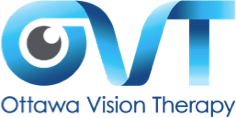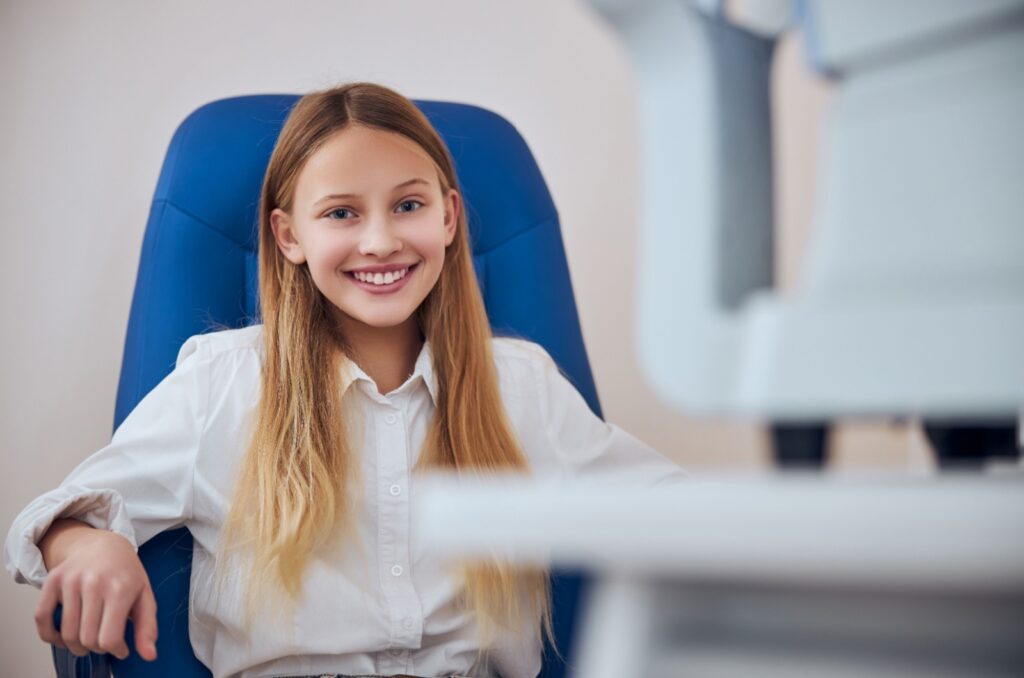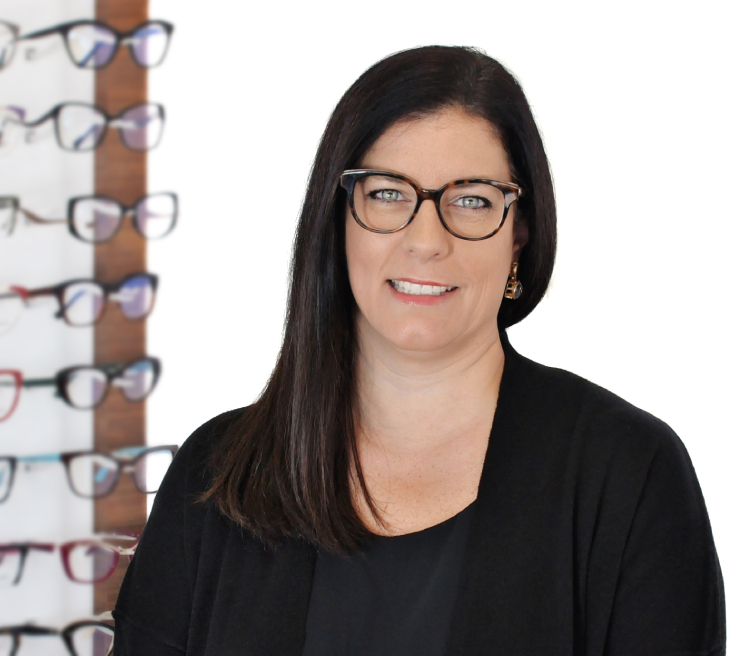Eye exams are crucial for maintaining healthy vision and addressing issues that affect daily life—like children with learning problems, concussion patients, or athletes. In these instances, vision therapy can help. But how long does an eye exam take for vision therapy?
An eye exam for vision therapy can take slightly longer than a standard eye exam because every vision therapy program is customized based on an individual’s unique needs. During the eye exam, your optometrist can determine the cause of your visual dysfunction and work with a vision therapist to correct it.
What Is Vision Therapy?
Vision therapy is a personalized, doctor-prescribed program designed to improve visual skills and efficiency by training the brain to learn or relearn certain visual processing skills. A vision therapist may use exercises, activities, filters, prisms, lenses, and other equipment to strengthen the visual system and address issues beyond visual acuity, such as eye coordination, tracking, and focus.
Symptoms of a visual problem can include:
- Headaches
- Double vision
- Blurry vision
- Difficulty tracking an object
- Inability to focus when reading
- Dizziness
- Light sensitivity
Vision therapy can benefit all age groups with vision issues:
- Children with binocular vision issues and eye conditions.
- Patients recovering from brain injuries and concussions.
- Athletes seeking to enhance their visual performance.
Components of a Vision Therapy Eye Exam
A vision therapy eye exam or developmental optometry exam can take longer than a standard or routine vision check because it dives deeper and can include the following tests.
Visual Acuity Test
The acuity test assesses clarity of vision at various distances or how well you can see the eye chart. It also checks your refraction to identify refractive errors like nearsightedness or farsightedness.
Binocular Vision Assessment
Binocular vision is eye coordination, and this test evaluates how well the eyes work together, measuring their ability to align properly. Poor binocular vision can lead to symptoms like double vision, headaches, and eye strain.
Eye Teaming
Eye teaming refers to the ability of both eyes to work together and focus on an object, which is essential for clear vision.
Eye Movement & Control
Eye movements play a vital role in visual perception and coordination. This test checks the function and accuracy of your eye muscles.
Eye Health Evaluation
A thorough assessment examines the overall eye health to rule out underlying medical conditions that could contribute to vision problems.
Visual Processing
Evaluates visual performance and processing, such as how your brain recalls, perceives, and interprets visual information.
Considerations for Different Groups
Children facing challenges like strabismus (eye turn) or amblyopia (lazy eye) may require additional assessments to pinpoint their needs. These may include visual attention span evaluations or tests to maintain engagement.
For those recovering from a concussion, vision therapy exams are designed to identify post-trauma visual complications like difficulty focusing or sensitivity to light. More in-depth and detail-oriented tests may be required so recovery plans address all concerns.
Athletes may need tests that go beyond standard exams to assess visual skills such as reaction times, depth perception, and visual-motor integration. These evaluations ensure vision therapy improves their performance on the field or court.
Consultation & Visual Therapy Program Design

Once the eye exam is complete, your optometrist will discuss the findings and recommend vision therapy if they detect vision issues. A vision therapist will then craft a tailored vision therapy program suited to your needs. The program should include setting measurable goals based on the exam results.
Tips to Maximize Your Vision Therapy Eye Exam
Here are some tips on how you can prepare for a vision therapy eye exam:
- Medical and vision history: Provide any relevant medical records and past prescription ahead of the exam to give the optometrist a holistic understanding of your situation.
- Symptoms: Document any specific symptoms, struggles, or goals you have related to vision. Whether it’s difficulty reading or sports performance, this will help guide the customization of your therapy plan.
- Questions: Don’t hesitate to ask your optometrist about the process or next steps during the exam. Understanding your therapy plan empowers you to be active in your vision health.
- Schedule ample time: Allow enough time for the appointment to avoid feeling rushed and to cover all aspects of your vision assessment.
Improve Your Visual Ability with Vision Therapy
Eye exams for vision therapy may take a little longer than a standard exam but offer personalized solutions that can significantly impact your visual skills and quality of life. Whether you’re a parent seeking help for your child, an athlete aiming to enhance performance, or someone recovering from a concussion, specialized eye care and vision therapy can benefit your visual abilities.
Don’t let vision problems affect your studies, work, and sport—book an appointment with Ottawa Vision Therapy today and let us help you achieve your vision goals.




